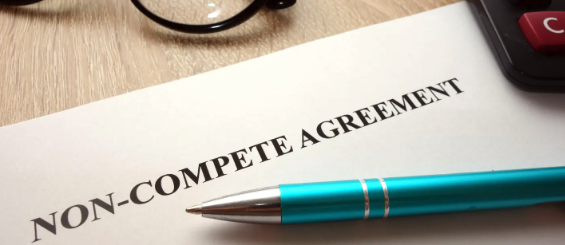Since 1961, New York has intended to protect customers from the “evils” of forgetting about an automatic renewal clause. For certain agreements, New York’s General Obligations Law § 5-903 requires a specific reminder notice before renewal. Still, business has changed a lot since 1961, so the question is: Does the law apply to SaaS subscriptions?
Based on recent case law, there’s a decent chance the answer is yes, the law would apply to many SaaS offerings.
In summary, the law requires that for a “contract for service, maintenance or repair to or for any real or personal property”, the service provider must alert its customers of the automatic renewal provision in their contracts at least 15 days, but no more than 30 days, before notice of non-renewal would be required. If the service provider does not do so, the automatic renewal provision is unenforceable.
What is key to note about § 5-903 is that it applies not only to individual consumers (other states have similar laws protecting consumers), but to companies as well. Therefore, business-to-business agreements fall within its reach. There’s not much further detail in the law though, so courts have needed to supply meaning to other terms and further interpret how to apply the law to new situations.
Defining a “contract for service, maintenance or repair to or for any real or personal property”.
Courts have come up with a few guideposts to help us determine what sorts of services and property fall within the scope of the law, and there’s been a progression to apply the law more broadly. Here are a few cases worth noting:
- In 1990, New York’s appellate division of its lower court ruled that services that merely offer advice and recommendations to the customer are not services to or for personal property. Therefore, the law did not apply.[1]
- In 2012, the same court ruled that services that offer the service provider’s data sets to the customer via the service provider’s website are not services to or for personal property. The law did not apply.[2]
- However, in 2014, the same court determined that a vendor who provided healthcare practice management services, which included reviewing and analyzing physical patient records as well as a subscription to the vendor’s proprietary software for processing insurance claims, did indeed provide services to or for personal property. The law did apply.[3]
A potentially key takeaway in the 2014 decision was that the vendor took physical control over the customer’s data, managed it, and processed it. The contract also covered not only the provision of software, but general practice management services as well. These facts distinguished the case from previous rulings where service providers didn’t actually do anything physical to any data. The court also was careful to note that personal property can include intellectual property, and that the law is supposed to be broadly construed.
Applicability to SaaS
With this 2014 case in mind, it would be reasonable to believe that many SaaS offerings will be subject to NY GOL § 5-903. Many SaaS offerings take in data that qualifies as personal property, perform some process on it, and spit it back out. It is likely that this is a “service[…] to or for[…] personal property”. That may not always be the case though.
There is also a 2019 opinion involving a closed captioning service performed in real-time over the internet, where the same court referenced above ruled that such services did not involve the servicing of personal property, and therefore did not fall within the auto-renewal law.[4] Unfortunately the opinion did not provide much explanation. It was not clear whether the difference in outcome rested in the type of service, type or existence of personal property, or anything else. The interpretation of this law is worth keeping an eye on over time.
Best practices for compliance with the NY GOL § 5-903
Are you are a vendor who relies on automatic renewal clauses and wants to play it safe? Do you think your services may fall under this law through a New York choice of law clause in your contract? How do you comply? Here are some key practices:
- Develop a habit of providing notice of impending automatic renewals to your customers
- Provide such notices by certified mail
- Call attention in the notice to the particular provision in the contract that contains the auto renewal language
- Make sure the notices are received by the customer between 15-30 days before notice of non-renewal is required.
Footnotes
[1] Donald Rubin, Inc. v. Schwartz, 559 N.Y.S.2d 307 (1990)
[2] Trepp, LLC v. McCord Dev., Inc., 953 N.Y.S.2d 600 (2012)
[3] Healthcare I.Q., LLC v. Tsai Chung Chao, 986 N.Y.S.2d 42 (2014)
[4] Vitac Corp. v. Thomson Reuters (Mktg.) LLC, 93 N.Y.S.3d 839 (2019)
THE VIEWS EXPRESSED IN THIS BLOG ARE FOR INFORMATIONAL PURPOSES ONLY, AND SUBJECT TO OUR TERMS OF USE.





